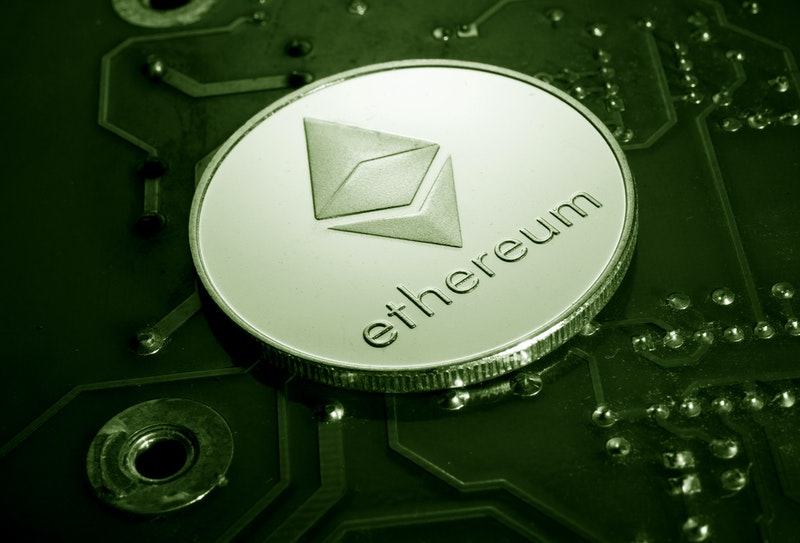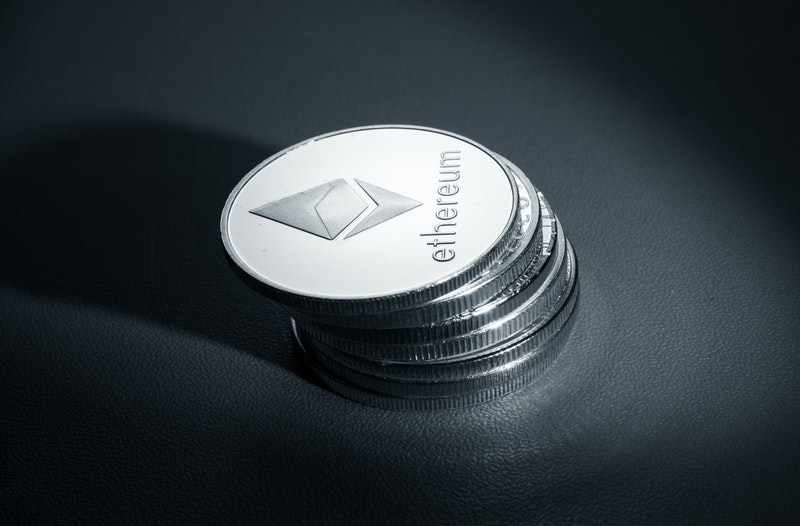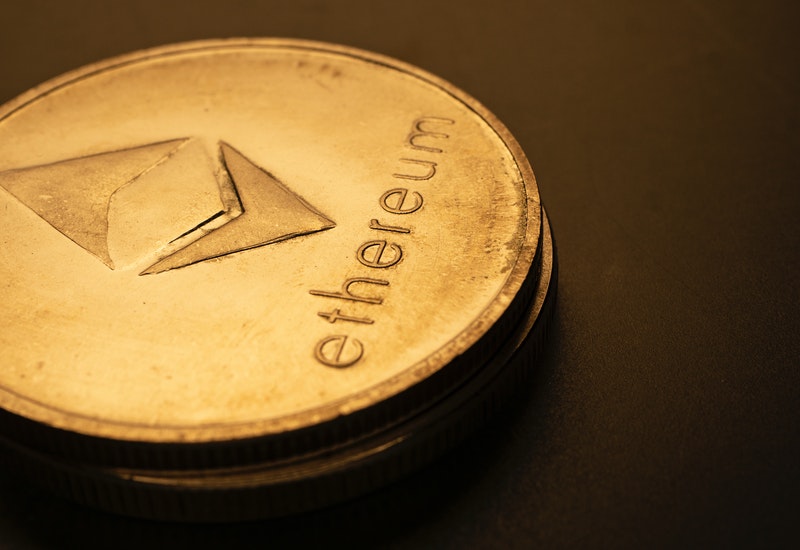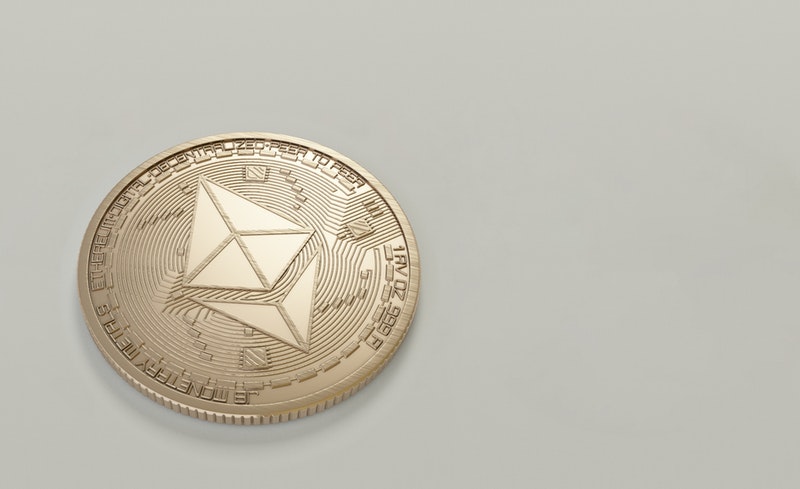Dogecoin is crashing: Should you bank on Ethereum instead?

Ethereum refers to a decentralised, open-source blockchain technology which serves as a ledger to keep track of transactions. Ledgers are the foundations of cryptocurrency transactions and Ethereum’s native cryptocurrency is called Ether (ETH).
Similar to Dogecoin, Ethereum has been seeing exponential growth this past year and it is even rivalling Bitcoin (BTC) as one of the most popular cryptocurrencies. Reportedly, Ethereum's price has soared by 435 per cent since the beginning of 2021.
In comparison, the price of Bitcoin has increased about 100 per cent. Does this mean that Ethereum is a good long term investment?

Cryptocurrency has been making headlines and there’s a lot of buzz about the risk of getting involved with crypto trading. Some financial experts even refer to cryptocurrencies as ‘casino funds’ that could go wrong without any warning.
However, if you research the market and learn more about Ethereum, there are still some good reasons to consider Ethereum as a worthwhile long term investment.

To invest in Ethereum, you can simply buy the cryptocurrency from an online trading platform or set up your own wallet for storage and purchase of ETH with cash on a centralised exchange like Binance or Coinbase Pro. The process is as easy as stock trading.
If you’re looking to trade one cryptocurrency for another, look out for pairings that are available on different exchanges. For example, exchanges like Gemini, Coinbase, Binance, and Kraken offer fiat trading pairs as they have the most exchange options.

The purpose of Bitcoin is to serve as an alternative currency that can anonymously transfer value from one person to another without a central banker.
On the other hand, Ethereum is not a mere cryptocurrency, it is a programmable network that serves as a marketplace for financial services, games, and apps.
Even if cryptocurrencies fail to exist in the long run, Ethereum could still be used in other ways. This is also why many have deemed Ethereum as a viable investment option which can stand the test of time.
ALSO READ: Ethereum breaks past $4,000 to set a new record high

Ethereum is one of the most liquid investment assets due to the worldwide establishment of trading platforms, exchanges, and online brokerages. More importantly, it is easy to trade Ethereum for cash or assets like gold instantly with incredibly low fees.
Unlike regulated world currencies, Ethereum has a transparent inflation plan that is subject to less market manipulation. In addition, Ethereum is also backed by blockchain technologies that have become the backbone of many industries.
This naturally heightens Ethereum’s potential to stay relevant in the marketplace and prevents the cryptocurrency from deflating anytime soon.

Every form of investment comes with its fair share of risk, and Ethereum is no exception.
While Ethereum may play a part in the future of monetary exchange and global computing systems, there are some facts that you need to understand before jumping onto the cryptocurrency bandwagon.

As with any crypto investment, trading Ethereum means you have to be aware of its volatility.
Even though prices have seen an increase of more than 350 per cent this year, making Ethereum the second-largest market capitalisation after Bitcoin, it is uncertain whether the supply side can sustain this phenomena.
While it is true that Ethereum is in a good position now, let's not forget that in 2018, Ethereum's price also plummeted by nearly 94 per cent. Price fluctuations signal the volatility of cryptocurrencies – it can be a smart investment, but it can also be a risky one.
ALSO READ: Should you buy meme coins like Shiba Inu (SHIB)?

Cryptocurrency is a highly speculative investment and there's no guarantee that they will succeed over the long run. Crypto is a completely new asset class with no historic track record. That’s why, as a potential investor, it is premature to place complete confidence in currencies.
Even though the cryptocurrency market has reached over $2 trillion, there are still some doubts because they are not backed by any government body and cannot be held physically.
Whether or not cryptocurrency will be the universal currency of the future is still up for debate.

Simply put, Ethereum uses too much electricity to be considered eco-friendly. For instance, Ethereum uses a “proof-of-work” consensus mechanism in which Ethereum miners use their time and computation power to process transactions and produce blocks.
A typical Ethereum network uses about 5.13 gigawatts of power. If one gigawatt of power is enough to power up 300,000 homes or light up 110 million light-emitting diode (LED) bulbs, then it’s easy to see how much energy is wasted to power Ethereum.
Although a proposal for a new system called “proof of stake” which can make Ethereum crypto 99 per cent more environmentally friendly is on its way, there is no certainty when it will be implemented since it requires all stakeholders to make the switch to prevent a collapse of the system.

Crypto investment may be sweeping the world by storm but that doesn’t mean that you need to jump in with all your savings. Your investment decision should mirror your risk appetite, financial goals, and capital.
The best way you can take calculated risks is by consulting an experienced financial advisor who can provide you with the most up-to-date information, share market trends, and recommend the right investment products that suit your lifestyle.
ALSO READ: Ethereum 101 guide: Is Ether better than Bitcoin as an investment?
This article was first published in ValueChampion.